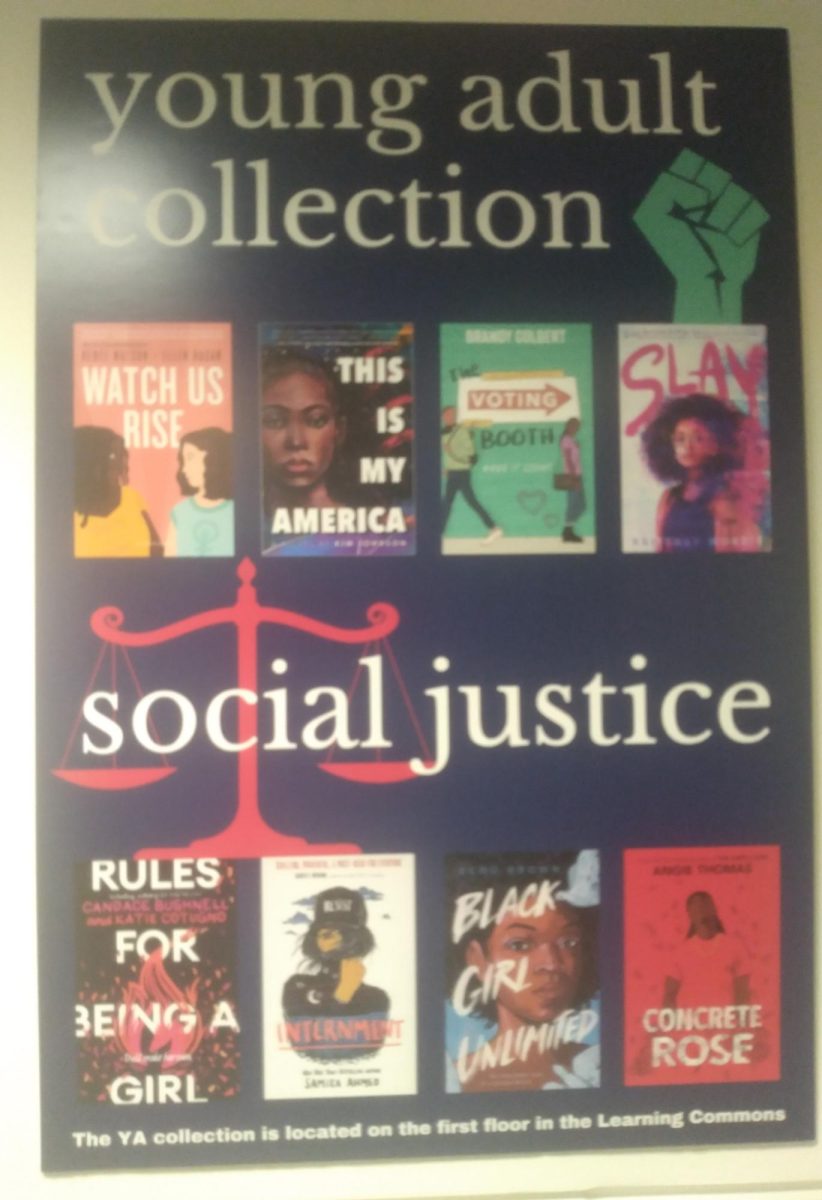With Donald Trump and his supporters getting most of the media coverage, it would be easy to make the mistake of assuming that he and his platform are the only things to be taken seriously as 2020 Republican contenders, but that is not the case.
The period of polarization that came after the 2016 presidential election can be largely traced back to how many Americans saw the choice between Hillary Clinton and Trump as having to choose the lesser of two evils. There were many people who voted for Trump to be the Republican candidate, not because they believed that he was truly the best person for the job, but because they didn’t want Clinton to win and saw Trump as the only person capable of beating her.
The levels of ideological diversity that were present in the Republican candidates were forcefully diminished by the potential of a Hillary Clinton presidency. Today, we can see the impact of this in the lack of ideological diversity within the Republican party in the wake of Trump’s reelection campaign. Trump’s approval rating among Republicans is extremely positive in places like Iowa, reaching up to 85% with 76% of Republicans saying that they are going to vote to reelect him.
This is a clear indication that Trump has been able to largely retain the unified support among Republicans in 2016. But the question should be asked: how has this affected other ideological groups within the Republican Party?
Joe Walsh, a congressional representative from Illinois who is also running for president, is a representation of other trains of thought within the Republican party. Walsh disagrees with Trump on many core issues, from policy to rhetoric, and his platform is one that could be very attractive to moderate Democrats who aren’t necessarily happy with Joe Biden or Elizabeth Warren but could never vote for Trump.
Bill Weld, the 2016 vice presidential candidate for the Libertarian Party, also presents the hope for a Republican candidate with more bipartisan appeal. Taking stances that prioritize bipartisan cooperation, Weld’s platform has the potential to seem very inviting to people on both sides of the political spectrum who are fed up with gridlock.
The issue with the lack of ideological diversity within the Republican Party is that it is far too polarizing to retain national appeal. Trump may be popular with Republicans in Iowa, but his national approval rating struggles to stay above 40%. This is not good for the longevity of Republican policy goals, and if the RNC hopes to stand a chance in future national elections, they need to consider nominating someone less polarizing than Donald Trump—someone like Walsh or Weld.
The problem is that Walsh and Weld will likely never reach even half the level of visibility and popularity of Trump. This is in part because of media coverage, but it is also due to the unwillingness of many Republicans to accept that Trump’s presidency has not been an especially good one from a PR perspective.
The future of conservative policy goals depends on the presence of a Republican president that is capable of enacting those goals without completely alienating the values of the other side. The fewer people within the Republican National Committee supporting Trump, the closer this is to becoming a reality.





















